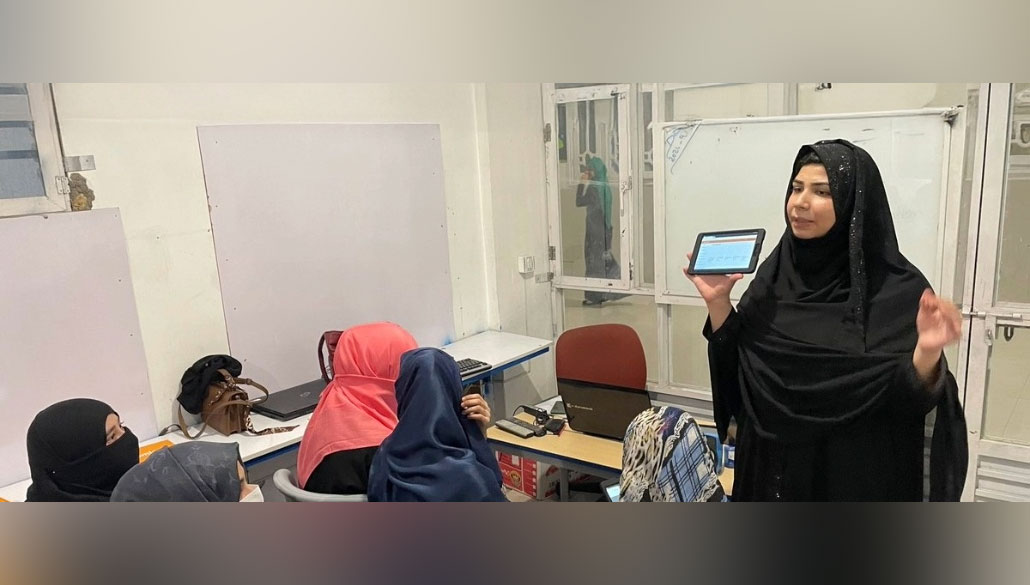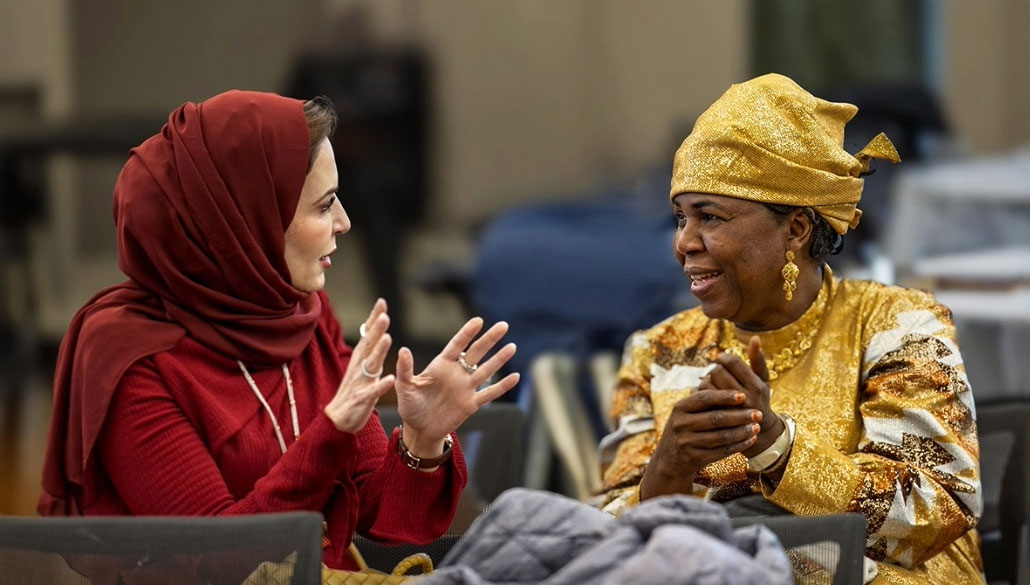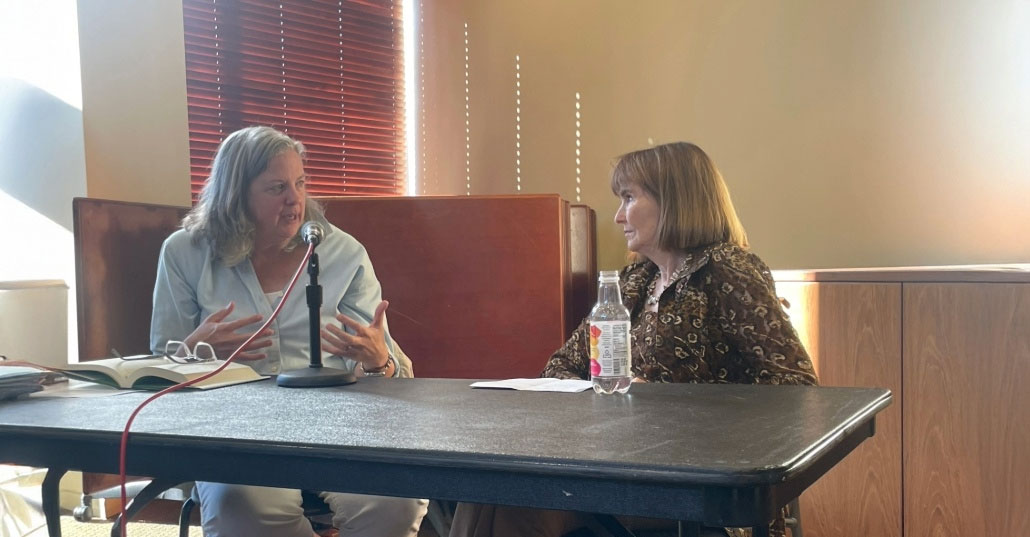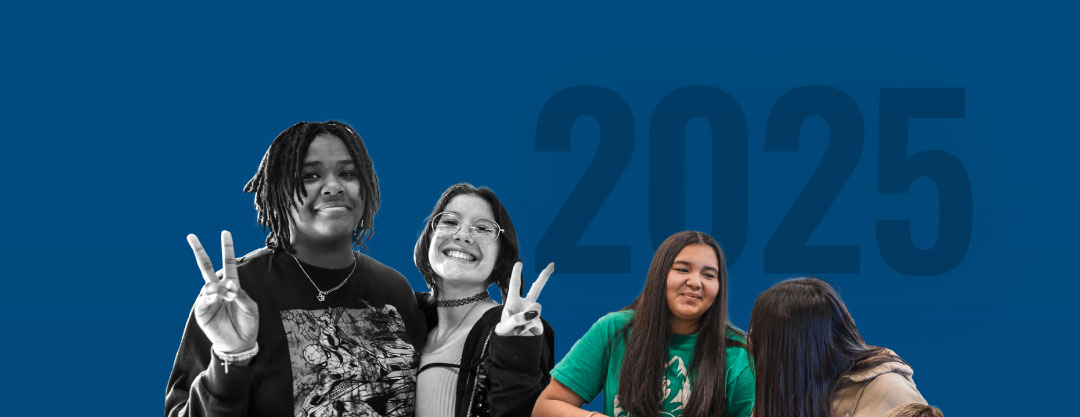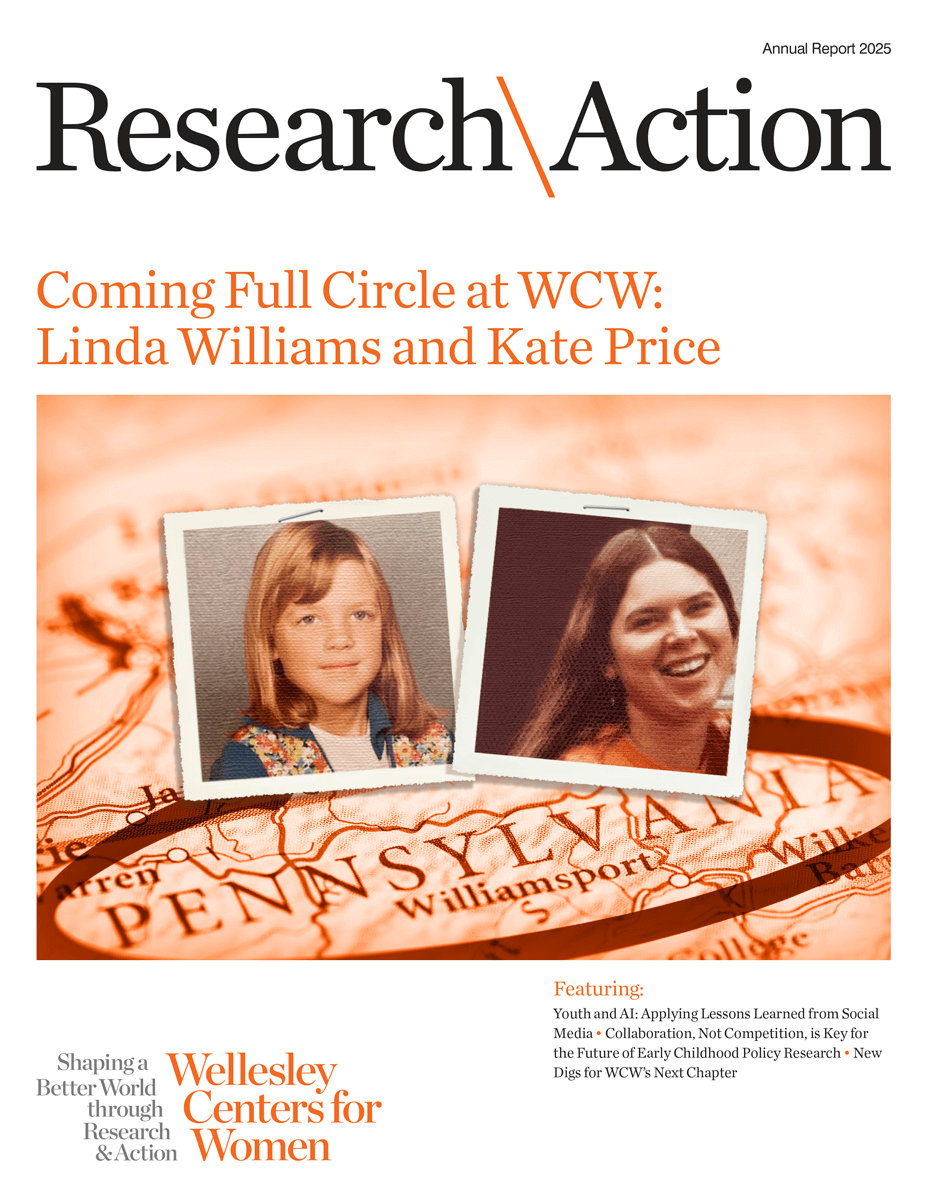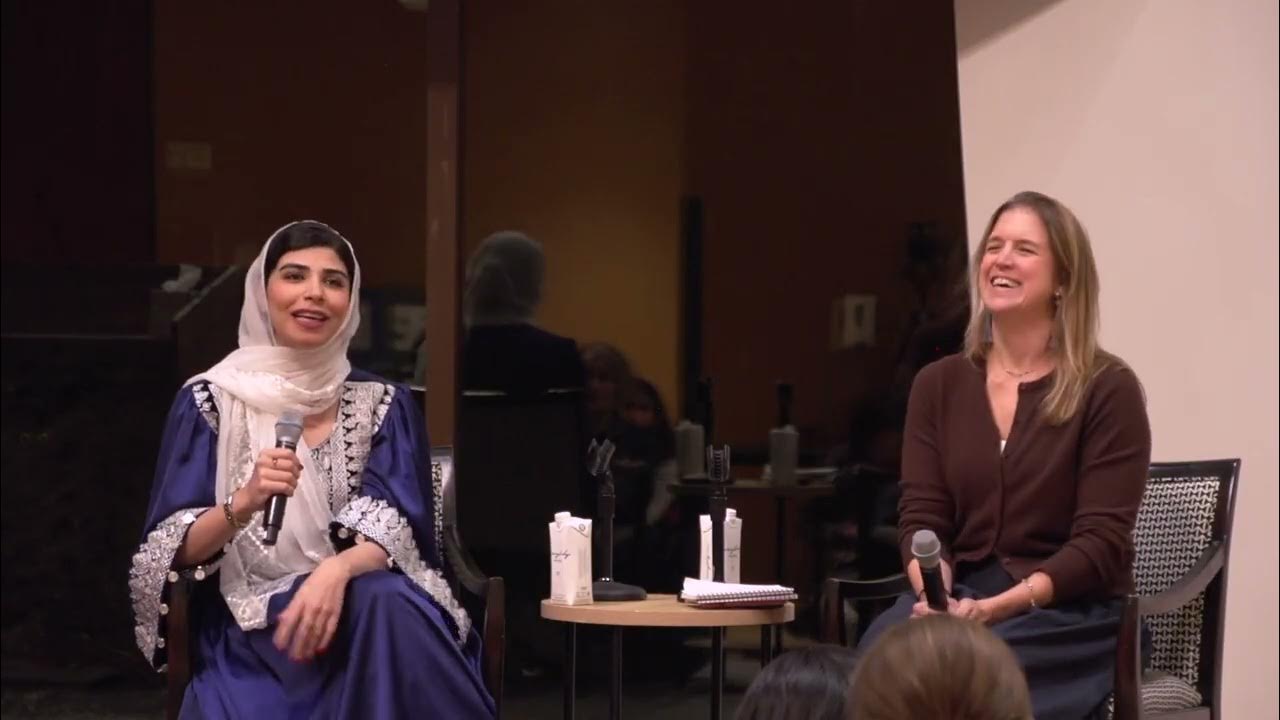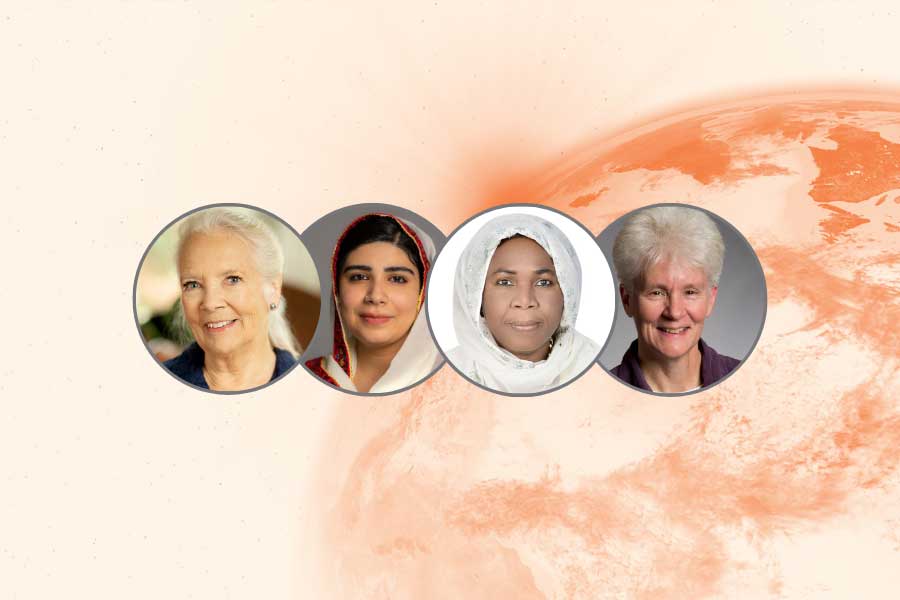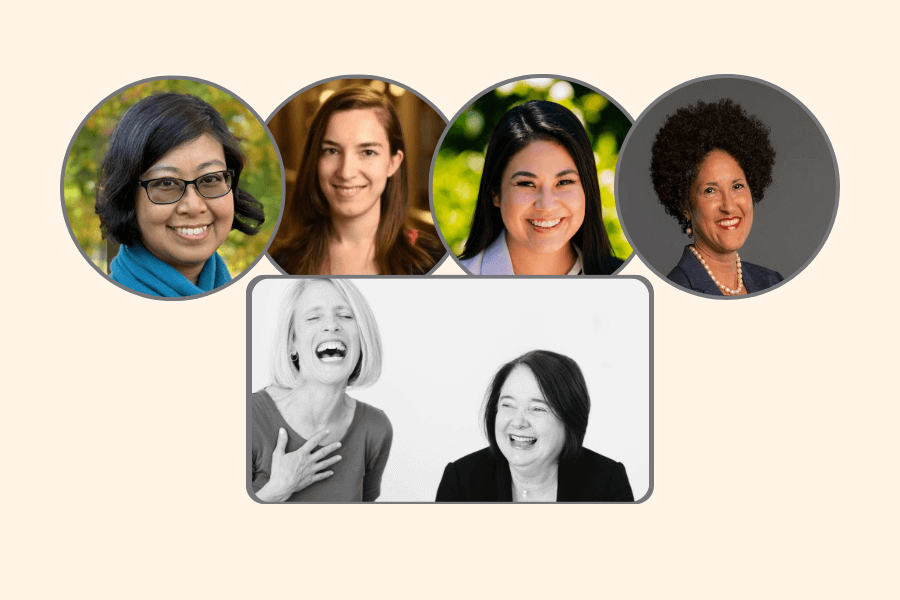Research & Action Report, Spring/Summer 2010
Reflections and perspectives from Amy Banks, M.D., JBMTI director of advanced training
“I am so glad you are offering the webinars. Twenty years ago I went to the Wednesday evening Stone Center Colloquia and loved them. But then I moved to Texas and had kids so I couldn’t travel. These allow me to feel a part of it again.”
These words were shared with me last October by a participant who attended the pilot webinar, “I Feel Your Pain,” offered by the Jean Baker Miller Training Institute (JBMTI) at the Wellesley Centers for Women. This webinar was part of a new lecture series, The Neurobiology of Connection. Clinical trainings are not new for the Jean Baker Miller Training Institute. We have been teaching Relational-Cultural Theory to mental health providers, educators, and social policy advocates throughout the United States and abroad for almost 30 years.
What is surprising and different is the format for this lecture series. Formerly the Stone Center Theory Group, JBMTI built a national reputation in the field of psychology suggesting that human beings grow through and toward healthy relationship rather then toward separation and individuation. Participants at many of the training institutes, workshops, and lectures often commented not only on the content of lecture material but also on the relational experience and the supportive environment for discussing difficult clinical and organizational challenges they had while in the training.
Because the sense of community and the highly interactive nature of these institutes were so integral to the message we put forth, at first the idea of bringing RCT to people through online webinars felt antithetical to the model. It felt daunting and possibly disconnecting.
The global economic meltdown in late 2008 was just the jolt we needed to push us into the technology of the new millennium. Everyone, including JBMTI, was tightening budgets. Fewer individuals had extra money to spend on travel to the northeast for training and fewer organizations were sending employees for extended trainings and workshops. As a result, JBMTI took a risk, moved out of our comfort zone and into a whole new world of communication. We began to look for ways to build a large virtual, but tightly connected, community.
Two initiatives were launched in the fall of 2009. The first eConnections newsletter, led by Maureen Walker, Ph.D. , director of program development at the JBMTI, is now sent out quarterly and contains highlights of the work being done at JBMTI and by practitioners all over the globe. The second major initiative was the webinar series on the neuroscience of human relationships.
This field of neurobiology has exploded in content over the last ten years and all of it supports the basic principle of RCT—that connection and healthy relationship are at the core of all human existence. It is our hope that over the next few years, RCT practitioners will be as familiar with the neural correlates of connection as they are with concepts of empathy, mutuality, and relational images. It is also a hope that we can all use this neuroscience information to help battle the destructive forces of separation and individuation in our culture and globally.
Early on in the process of producing a webinar, the learning curve was particularly sharp. Finding our way around the technology was like trying to lecture in a foreign country. For me, the experience has been a fascinating one. The format is less interactive then a “normal” JBMTI teaching event and I realized early on, that talking into my computer camera rather then with a group of live human beings left me feeling…alone, less fluent. My mind spontaneously solved this problem. From a list of people in the audience, I found my mind literally creating a room full of people attending the lecture, complete with facial expressions and wardrobes. On March 17, I spoke on “developing the capacity to connect in early childhood relationships” and I imagined all of the attendees in my audience were dressed in green! It was clear to me that I needed a felt sense of interaction in order to organize my thoughts; speaking into a void did not work for me. This is just one example of how we might adjust to this type of learning environment and still hold onto a sense of connection.
We have just begun this journey into on-line teaching. As we catch up with the amazing capabilities of the commuter programs we plan to have the capacity to have attendees speaking to each other during the webinar, to have break-out groups to work together on clinical material, and even to find ways to have participants communicate face to face through video. As my colleagues Judy Jordan, Ph.D., director of JBMTI, and Maureen Walker join me next year in online teachings we will be carefully tracking and developing ways to enhance the power of relationships in virtual communities. It is our goal at JBMTI to not only reach across the globe to teach RCT through online seminars but also to continue to pioneer ways to maximize the enormous benefits of learning about connection in connection.


